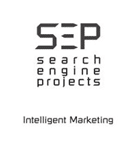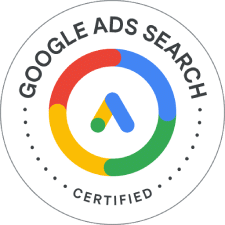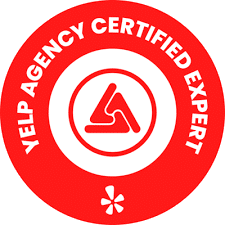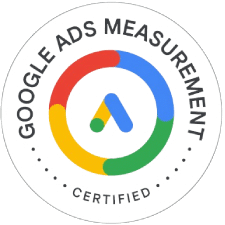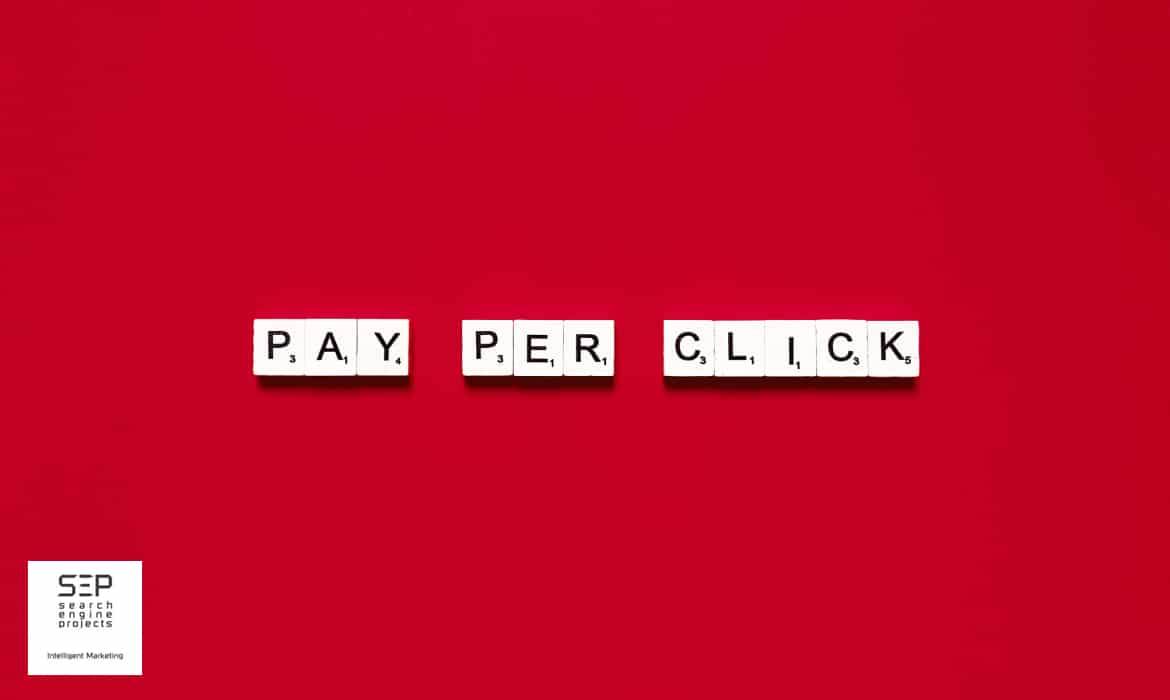Introduction
In today’s hyper-competitive digital marketplace, visibility is everything. With over 8.5 billion daily searches on Google and millions of users engaging with social media every second, your target audience is more accessible than ever—if you know how to reach them. That’s where PPC (pay-per-click) advertising comes into play.
PPC is one of the business owners’ and marketers’ most powerful and measurable tools. However, the secret sauce lies in PPC management, setting up, optimizing, and continually improving campaigns to get the best possible return on investment. Whether you’re a small local business or a national brand, understanding how PPC works and how to manage it effectively can be the key to sustained growth.
In this comprehensive guide, we’ll explain everything you need to know about PPC management—from how it works, the platforms it involves, and the tools you’ll need to real-world strategies that maximize profits and minimize wasted spending.
Table of Contents
- What Is PPC?
- What Is PPC Management?
- How Does PPC Advertising Work?
- Key Platforms for PPC Advertising
- Google Ads
- Microsoft Ads (Bing)
- Facebook & Instagram (Meta)
- LinkedIn Ads
- YouTube Ads
- TikTok & Snapchat Ads
- Amazon Ads
- Core Elements of PPC Campaigns
- Keywords
- Ad Copy
- Landing Pages
- Bidding Strategies
- Conversion Tracking
- PPC Campaign Types
- Search Campaigns
- Display Campaigns
- Shopping Campaigns
- Video Campaigns
- App Promotion Campaigns
- Remarketing Campaigns
- Benefits of Effective PPC Management
- Common PPC Mistakes to Avoid
- In-House vs. Outsourced PPC Management
- PPC Management Tools and Software
- PPC Reporting and Optimization
- How PPC Fits into a Broader Marketing Strategy
- Case Study: How PPC Grew a Local Business
- Final Thoughts
1. What Is PPC?
PPC stands for “pay-per-click,” a digital advertising model in which advertisers are charged only when someone clicks their ad. Unlike traditional advertising, where you pay for impressions regardless of performance, PPC lets you control your marketing budget, allowing for real-time performance tracking and optimization.
PPC ads can appear on:
- Search engines like Google and Bing
- Social media platforms like Facebook, Instagram, and LinkedIn
- Shopping sites like Amazon
- Websites and blogs via display networks
The most common types of PPC campaigns are search advertising (ads that show up on Google when users type in a search query), display advertising (banner ads shown on websites within the Google Display Network or similar platforms), Shopping, and Video campaigns, each serving different marketing objectives.
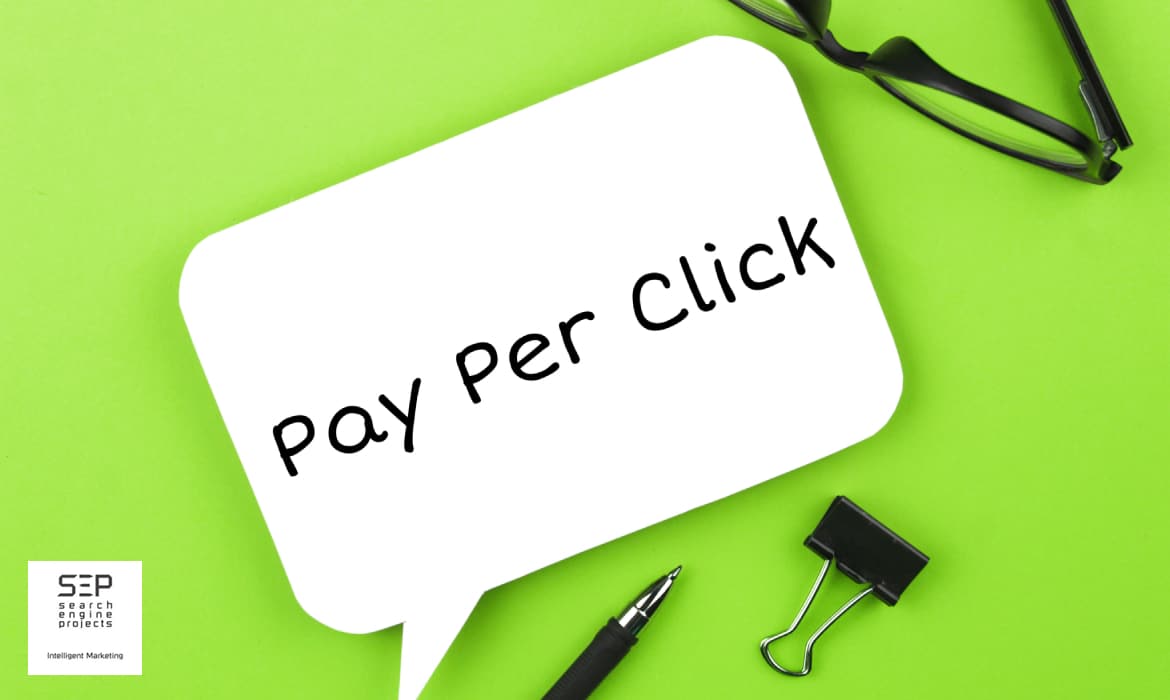
2. What Is PPC Management?
PPC management is the ongoing process of overseeing and optimizing pay-per-click advertising campaigns. It involves keyword research, ad creation, bidding strategy, and performance analysis. Whether handled in-house or outsourced to a digital marketing agency like Search Engine Projects, PPC management aims to:
- Improve click-through rates (CTR)
- Lower cost-per-click (CPC)
- Increase conversions (sales, leads, signups)
- Maximize return on ad spend (ROAS)
Successful PPC management is data-driven and continuous. It’s not enough to “set and forget” a campaign. Savvy advertisers analyze data daily, test new ad copy, adjust bids based on performance, and refine audience targeting to meet their goals.
3. How Does PPC Advertising Work?
At its core, PPC advertising is based on a bidding system. When a user types a search query into Google (or another search engine), an auction begins behind the scenes. Advertisers compete to have their ad shown, and the winner isn’t just the highest bidder—it’s the one with the most relevant ad and landing page, combined with a competitive bid.
The PPC Process:
- Advertiser chooses keywords to bid on.
- The user searches for that keyword.
- Auction happens instantly, and the platform determines which ads appear based on quality score and bid.
- User clicks on the ad, and the advertiser pays for that click.
- User lands on a website or landing page to complete a desired action (purchase, call, form fill, etc.).
Google’s algorithm considers several factors during this process:
- Bid amount
- Ad relevance
- Landing page quality
- Expected CTR
- Ad extensions
This is why PPC management is critical. You’re not just bidding on keywords—you’re competing on performance, relevance, and user experience.
4. Key Platforms for PPC Advertising
Different platforms offer different strengths. Here’s an overview of the major PPC channels:
Google Ads
The largest PPC platform in the world. Google Ads includes:
- Search Network (text ads in search results)
- Display Network (visual/banner ads across websites)
- YouTube (video ads)
- Shopping Ads (product-based ads for eCommerce)
- Google Maps/Local Service Ads (great for service-area businesses)
Microsoft Ads (Bing)
A solid alternative to Google, especially for targeting older or more affluent users. Often cheaper CPCs with less competition.
Facebook & Instagram (Meta)
Meta Ads is a highly visual, audience-based platform based on demographics, interests, behaviors, and retargeting instead of keyword targeting. They are ideal for DTC brands and lead generation.
LinkedIn Ads
It is perfect for B2B advertisers. You can target by industry, company size, job title, seniority, etc. It is strong for high-ticket products and professional services.
YouTube Ads
Owned by Google. Video-based PPC ads that can be shown before, during, or after YouTube content. Great for brand storytelling and product demos.
TikTok & Snapchat Ads
These are excellent platforms for targeting younger audiences with short-form video content. CPCs can be low, but creativity is key.
Amazon Ads
An eCommerce-focused PPC platform. Ads appear when users search for products on Amazon. Highly intent-driven, making it a powerhouse for product sellers.
5. Core Elements of PPC Campaigns
You need to understand its moving parts to run a successful PPC campaign. Each component plays a role in your campaign’s effectiveness and profitability.
Keywords
Keywords are the foundation of PPC search campaigns. You bid on specific search terms that potential customers are using. The better your keyword research, the more likely your ads will appear in front of qualified prospects.
There are four primary keyword match types:
- Broad Match: Reaches a wide audience but is less targeted.
- Phrase Match: Ads show when the query includes your keyword phrase in order.
- Exact Match: Highly targeted; ads show only when the query matches your keyword.
- Negative Keywords: Prevent your ads from appearing for irrelevant queries.
Effective PPC managers continuously refine keyword lists to improve ROI.
Ad Copy
Your ad copy must grab attention, communicate value, and encourage action—all within limited character space. Key components of a strong ad include:
- A compelling headline
- Relevant keywords
- A clear value proposition
- Strong CTA (call to action)
- Use of ad extensions (like call buttons, sitelinks, and reviews)
Landing Pages
The landing page is where users land after clicking your ad. It must align with the ad’s message and guide the visitor toward conversion. High-converting landing pages are:
- Fast-loading
- Mobile-optimized
- Visually clean and focused
- Equipped with a single, strong CTA
- Integrated with tracking and analytics
Bidding Strategies
You can manually control bids or allow the platform to automate them. Common bidding options include:
- Manual CPC: You set bids for individual keywords.
- Enhanced CPC: Google adjusts your bid slightly based on the likelihood of conversion.
- Target CPA: Optimizes for conversions at a set cost-per-acquisition.
- Target ROAS: Optimizes for return on ad spend.
- Maximize Conversions/Clicks: Let’s Google optimize toward your desired result within your budget.
Conversion Tracking
Without proper tracking, you won’t know if your campaign is working. You should track:
- Form submissions
- Phone calls
- Purchases
- Button clicks
- Page visits
- Lead magnet downloads
Platforms like Google Ads and Facebook Ads integrate with Google Analytics, CRMs, and tag managers to make tracking more accurate.
6. PPC Campaign Types
Different types of PPC campaigns serve different business goals. Here’s an overview:
Search Campaigns
These text-based ads appear on search engine results pages (SERPs) and are ideal for businesses looking to reach high-intent prospects.
Display Campaigns
Banner or image-based ads that appear across the Google Display Network or similar platforms are good for brand awareness and remarketing.
Shopping Campaigns
Used by eCommerce businesses. These ads show product images, prices, and descriptions at the top of Google’s SERP.
Video Campaigns
Run on YouTube or other video partners. They include skippable, non-skippable, or bumper ads, which are great for storytelling and brand introduction.
App Promotion Campaigns
Designed to drive installs or engagement for mobile apps. Ads appear across search, display, YouTube, and Google Play.
Remarketing Campaigns
Serve ads to users who have previously interacted with your site. Highly effective for bringing prospects back to complete conversions.
7. Benefits of Effective PPC Management
Let’s break down why PPC management is crucial for serious business growth.
1. Immediate Visibility
SEO takes time. PPC offers instant visibility on search engines and social media platforms, getting your business in front of potential customers today.
2. Laser-Targeted Reach
PPC allows you to target by:
- Location
- Age
- Gender
- Device
- Interests
- Income
- Job title
- Past website visits.
That level of precision means you waste less money and speak directly to the people who matter.
3. Measurable ROI
Every dollar spent is trackable. You’ll know your exact cost per lead, sale, or click. You can easily calculate your return on investment and optimize accordingly.
4. Budget Flexibility
You can start with any budget and scale as needed. Set daily or lifetime limits, and pause or adjust campaigns in real time.
5. Remarketing Opportunities
Remarketing helps you stay top of mind with people who’ve already interacted with your business, increasing conversion rates significantly.
6. Competitive Advantage
Many small businesses don’t fully leverage PPC. Smart campaign management gives you the edge, allowing you to dominate search results and feed visibility.
8. Common PPC Mistakes to Avoid
PPC can be lucrative, but mismanagement leads to wasted budget. Here are common pitfalls:
- Poor keyword targeting: Bidding on broad or irrelevant keywords increases CPC and lowers conversion rates.
- Sending traffic to a weak landing page: If your page doesn’t match the ad intent or has poor UX, users won’t convert.
- Not using negative keywords: You’ll pay for irrelevant clicks if you don’t filter out poor-quality traffic.
- Ignoring mobile experience: A majority of traffic comes from mobile devices—if your ads or site aren’t mobile-friendly, expect high bounce rates.
- Setting and forgetting: PPC requires constant monitoring and optimization. Trends shift quickly.
- Not tracking conversions: If you can’t see what’s working, you can’t improve.
9. In-House vs. Outsourced PPC Management
Should you manage PPC yourself or hire a professional agency? Here’s how to decide.
In-House Management
Best for businesses with experienced marketing teams and dedicated time to learn the platforms.
Pros:
- Full control
- Direct access to data
- No external fees
Cons:
- Steep learning curve
- Time-consuming
- Risk of costly mistakes
Outsourced Management
Agencies like Search Engine Projects bring years of experience, advanced tools, and a team of specialists.
Pros:
- Faster results
- Strategic insight
- Conversion-focused optimization
- Saves time for your team
Cons:
- Monthly fee
- Requires trust and collaboration
For most small to mid-sized businesses, outsourcing PPC management delivers better performance with less hassle.
10. PPC Management Tools and Software
A successful PPC manager uses the right tools for research, automation, and analytics. Popular options include:
- Google Ads Editor – for bulk edits
- SEMrush –for keyword and competitor research
- Ahrefs – for keyword and competitor research
- SpyFu – to see competitor ad strategies
- Optmyzr – for automated campaign optimization
- Google Keyword Planner – to find search volume and CPC estimates
- Unbounce – for building landing pages
- Instapage – for building landing pages
- Google Analytics (GA4) – for data tracking and conversion analysis
- CallRail – to track calls from PPC
These tools improve efficiency and help make smarter data-driven decisions.

11. PPC Reporting and Optimization
Reporting is how you identify what’s working and what needs to change.
Metrics to Track:
- Click-through rate (CTR)
- Cost per click (CPC)
- Conversion rate (CVR)
- Cost per conversion (CPA)
- Return on ad spend (ROAS)
- Quality Score
- Impression share
Optimization Strategies:
- Test different ad copy and headlines
- A/B test landing pages
- Adjust bids based on device, location, and time
- Refine negative keywords
- Improve Quality Score by making ads more relevant
An experienced PPC manager doesn’t just track metrics—they take action based on insights to improve performance over time.
12. How PPC Fits into a Broader Marketing Strategy
PPC shouldn’t operate in a vacuum. It works best when integrated into your overall digital strategy.
Complementing SEO
Use PPC to gain instant visibility while building long-term SEO rankings. You can even use PPC data to inform SEO keyword targeting.
Supporting Content Marketing
Promote blog posts, whitepapers, or webinars to nurture leads and move them through your funnel.
Fueling Social Media Engagement
Use PPC ads to build audiences that can be targeted organically or through email later.
Enhancing Retargeting
PPC allows you to re-engage website visitors, cart abandoners, or email subscribers with hyper-targeted ads.
The most successful brands leverage PPC to amplify their existing marketing efforts, not replace them.
13. Case Study: How PPC Helped a Local Business 4x Their Leads
A Southern California HVAC company approached Search Engine Projects intending to increase inbound calls. They had previously run PPC ads but found the results inconsistent and costly.
Challenges:
- High cost per lead
- Poor tracking setup
- No dedicated landing pages
- Limited keyword strategy
What We Did:
- Rebuilt campaigns from scratch
- Implemented call tracking and form conversion tracking
- Designed high-converting landing pages for each service
- Used location-based keywords to target high-intent buyers
- Launched Google Search, Display, and Remarketing campaigns
Results in 3 Months:
- 320% increase in inbound leads
- 65% drop in cost per conversion
- $5,000 ad spend generated $28,000+ in revenue
When managed strategically, PPC turned a struggling channel into their #1 lead source.
14. Final Thoughts
PPC management is more than just buying clicks—it’s an ongoing process of precision targeting, strategic bidding, conversion optimization, and performance analysis. Done correctly, it can be one of the highest ROI digital marketing channels available.
Whether you’re running a local plumbing company, a personal injury law firm, a cosmetic clinic, or an eCommerce store, PPC can deliver predictable and scalable results. However, poor management can easily waste your budget and produce disappointing outcomes.
That’s why working with a professional team like Search Engine Projects makes all the difference. With decades of experience, a data-first approach, and a deep understanding of local and national markets, we help businesses turn paid traffic into profit.
Ready to grow your business with PPC?
Contact Search Engine Projects today for a free consultation, campaign audit, or to learn more about how we can help you achieve your advertising goals.
